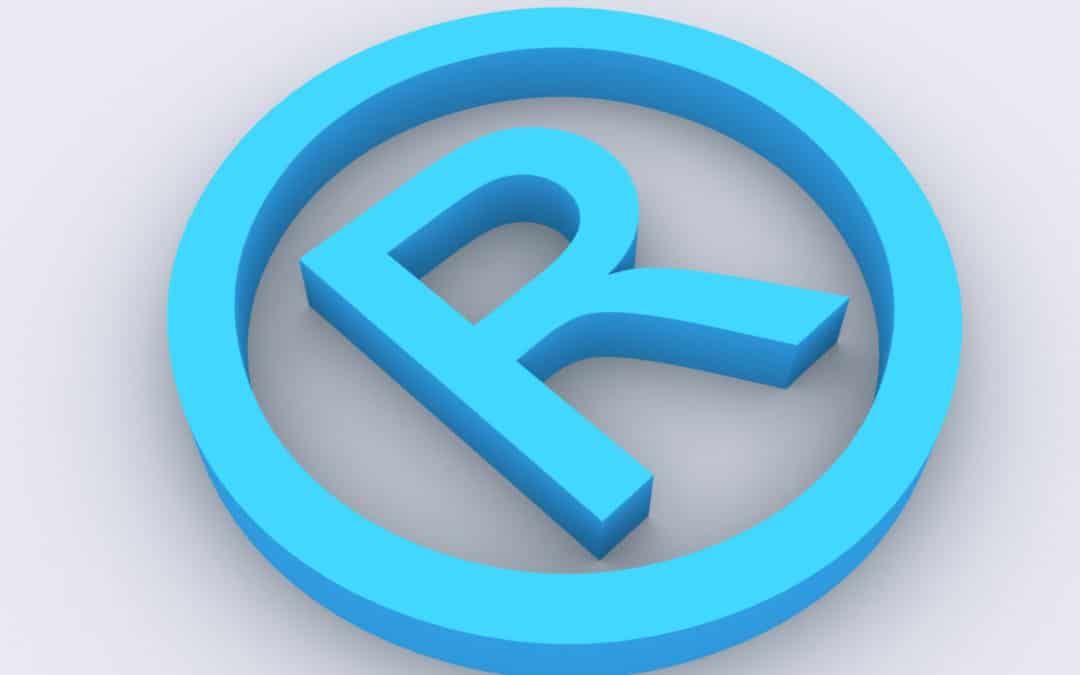In a groundbreaking move over the last few years, the U.S. Supreme Court, through its decisions in Matal v. Tam and Iancu v. Brunetti, paved the way for the federal registration of disparaging, immoral, or scandalous trademarks. This legal shift sparked a spectrum of reactions, with some, like Appellee Simon Tam, envisioning a new era where minority communities could reclaim harmful and offensive terms entrenched in hate and prejudice. However, a cloud of skepticism lingered as advocacy organizations, scholars, and others feared that this legal development might inadvertently open the floodgates to registering the most vile and prejudicial terms in the U.S. lexicon, further solidifying a foundation of hatred. Only time would unfold the consequences and prove who was right.
Several years after the Tam decision, this linked article delves into the impact on LGBTQ+ slurs. A previous study highlighted a trend of affirming uses of racially-oriented marks by in-group members outweighing disparaging ones after Tam. Building on this analysis, our exploration takes a pioneering step in examining trademark law’s relationship with the LGBTQ+ community—a realm that, until now, has seen minimal scholarly attention. The linked article unveils the findings of a fresh empirical analysis involving 144 LGBTQ+-oriented trademark applications filed both before and after the Tam decision.
The results of this study reveal a compelling narrative of transformation within the realm of LGBTQ+-oriented trademarks. Contrary to concerns, the number of applications has surged by over twofold since Tam, marking a noteworthy trend in community engagement with trademark registration. However, the most surprising revelation lies in the nature of these trademarks—they overwhelmingly exude affirmation. Astonishingly, not a single instance of a disparaging use of slurs within trademarks was identified throughout the entire nine-year period scrutinized by the study.
This revelation prompts a paradigm shift in our understanding of the consequences of the Tam and Brunetti decisions. Far from serving as a vehicle for hate, these legal milestones have become catalysts for a surge in applications for and registrations of LGBTQ+-oriented trademarks. Rather than being wielded as symbols of animosity, these trademarks are increasingly becoming tools for self-expression and communal empowerment within the LGBTQ+ community.
The surge in trademark applications may be emblematic of a broader societal transformation—a shift from exclusionary practices to a more inclusive and affirming approach. The LGBTQ+ community, historically subjected to discrimination, is leveraging trademarks not only as legal assets but as instruments of pride, reclaiming and transforming language that was once used against them.
The absence of disparaging uses within the trademarks investigated is a testament to the community’s resilience and commitment to positive representation. It challenges preconceived notions and underscores the potential of legal frameworks to empower marginalized communities rather than perpetuating harm.
By shedding light on this positive trend, we advocate for a nuanced understanding of the impact of legal decisions on minority communities. Trademarks, once considered potential vehicles for hate, have evolved into symbols of resilience, unity, and empowerment within the LGBTQ+ community. The findings suggest a promising trajectory—a journey from legal battles to reclaim terms towards a landscape where affirming self-expression takes center stage.
In conclusion, this article not only answers the question posed several years ago but also opens a new chapter in the ongoing discourse surrounding trademark law and its intersection with LGBTQ+ issues. It challenges us to reevaluate the narratives surrounding legal decisions and encourages a more optimistic outlook on the transformative potential of the law in fostering positive social change.
Do you have questions about registering your trademark? Ask us here at Verna Law by sending an e-mail to anthony@vernalaw.com or by calling us at 914-908-6757.


Recent Comments